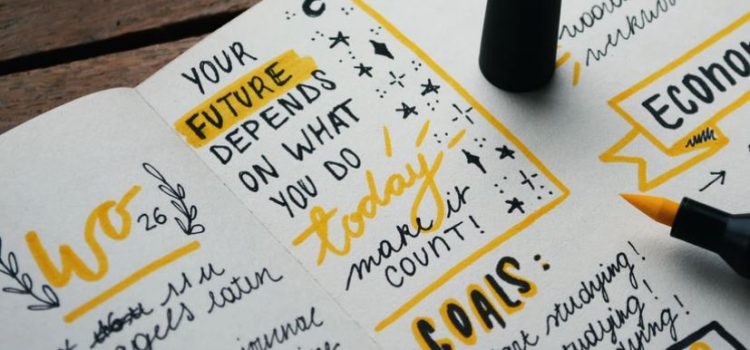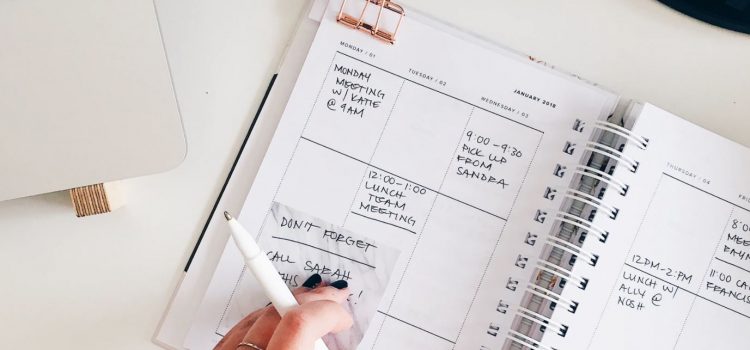Do you feel like you’re living in denial? Why do people deny what they know deep down is true? Denial is a psychological coping mechanism for protecting yourself from pain or discomfort. While being in denial about something can help you numb the negative feelings that will result from facing the truth about a situation (or yourself), it can be dangerous in the long term. Keep reading to understand the psychology of denial, why living in denial is harmful, and how to overcome it and face the truth.
Being in Denial: How Lying to Yourself Corrupts Your Soul









